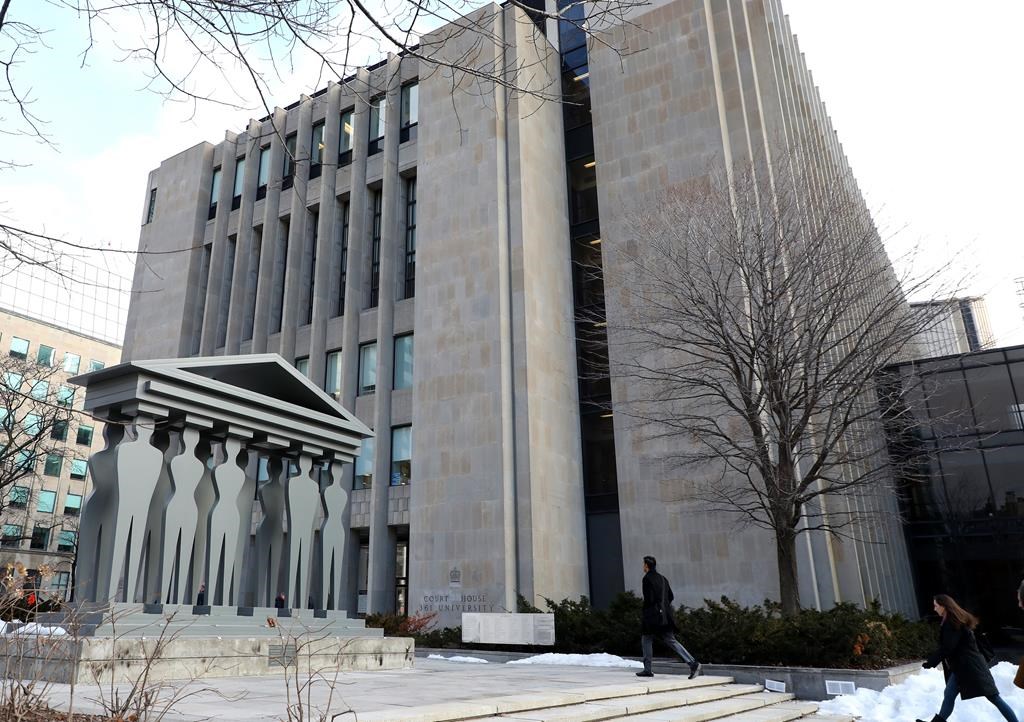TORONTO — Three former Ontario chief justices say proposed legislation that would change how provincial judges are appointed should include a clause meant to prohibit partisanship.

In a submission to a legislative committee, the three former heads of the Ontario Court of Justice suggest making the addition to the in order to avoid criticism over “politics or the suspicion of politics.”
Brian W. Lennox, Sidney B. Linden and Annemarie Bonkalo recommend adding a provision that would bar the “consideration of political affiliation in the appointment process.”
The three also propose several other changes to the bill, including that the attorney general be required to provide reasons if they choose to reject an entire list of recommended judicial candidates.
The governing Progressive Conservatives last month introduced legislation to lock in changes to the appointment process that they initially proposed last year, after making some adjustments in response to feedback from those in the justice system.

Get daily National news
The province has said the legislation, if passed, would allow vacancies to be filled more quickly.
Concerns over the potential for political interference were raised last year when the province first proposed changes to the judicial appointments process.
- Ford government to table legislation to restrict bike lanes on city streets
- How a group of Toronto tenants turned to a risky last resort and got a ‘huge victory’
- Ontario courts are stretched to their limits. Will a new minister of bail reform help?
- Simply Delicious Recipe: Decadent snack using Ontario apples
At the time, the government planned to increase the number of candidates recommended to fill vacancies on the provincial bench from a minimum of two to a minimum of six, and to require the selection committee to give the attorney general a list of all candidates deemed eligible.
The bill introduced last month would permit the attorney general to see only the names of the six or more recommended candidates, rather than the full list.
However, the attorney general would still be allowed to reject an entire list of recommended candidates and request a new one from the selection committee.
READ MORE: Coronavirus pandemic forces Ontario justice system ‘stuck in the 1970s’ to modernize
Attorney General Doug Downey has said that should not raise concerns of potential partisanship since there is no way for the government to know who else is considered eligible.
In their submission, the three former chief justices say the bill should require that the attorney general respond to the selection committee’s recommendations within a “specified reasonable period of time,” to avoid delays in filling vacancies.
They also call for more transparency should the recommendations be thrown out.
“We do not suggest that the minister should not be able to reject a ranked list,” they wrote.
READ MORE: Ontario government introduces proposed changes to judicial appointment process
“However, we suggest that the legislation require the minister to give reasons to the committee when and if the minister chooses to reject the committee’s ranked list of candidates.”
Provincial judges handle some criminal cases, traffic tickets and provincial offences. Judges for the Superior Court of Justice are appointed by the federal government.







Comments